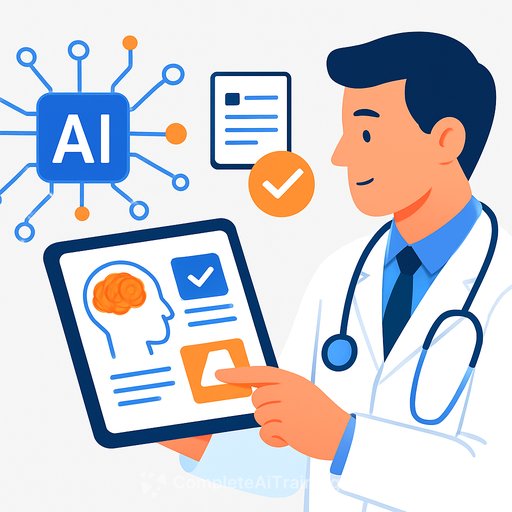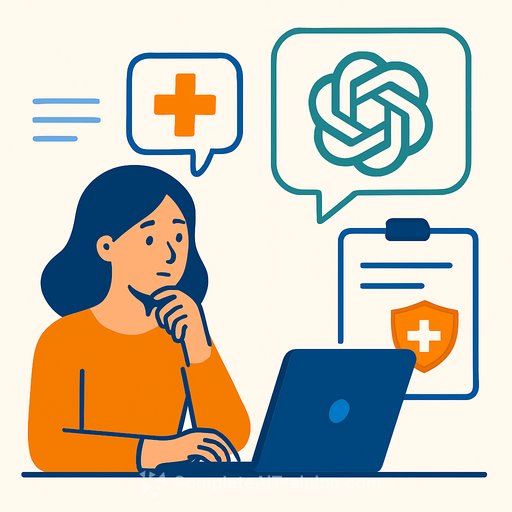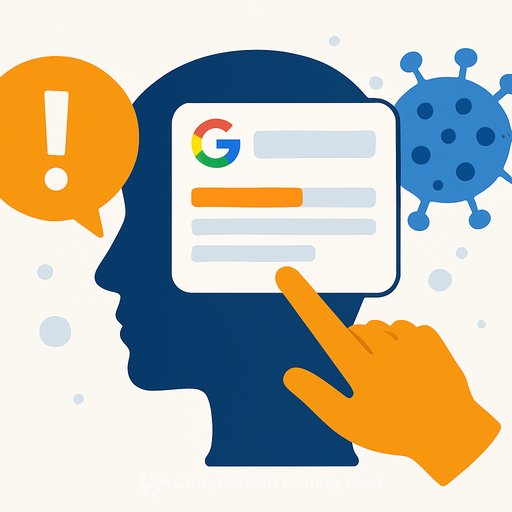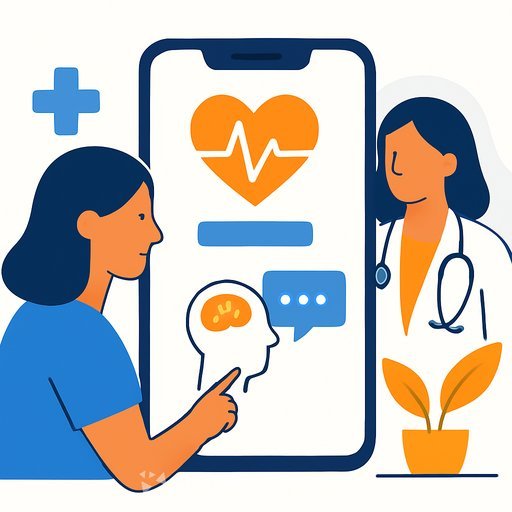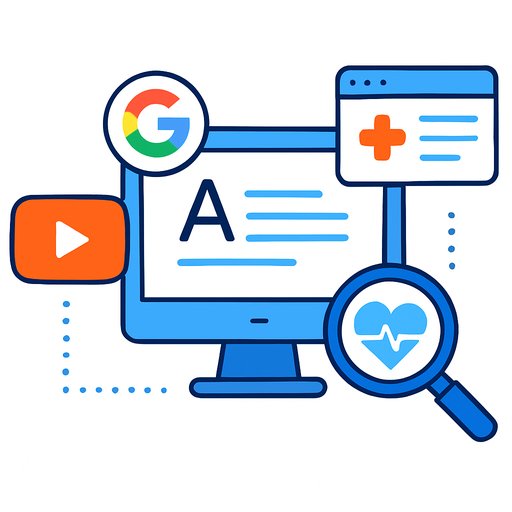AI Applications Inside Medscape's Medical AI Platform for Clinicians
Clinicians are drowning in data. Medical knowledge doubles every few months, guidelines shift, and clinic time doesn't grow. It's no surprise that most providers now use or plan to use AI tools, and the healthcare AI market is on track for major growth by 2030.
What Medscape AI Does
Medscape, part of WebMD Health Corp and owned by Internet Brands, launched Medscape AI to deliver clinical decision support for 13 million members worldwide. It blends Medscape's vetted content with evidence from 400+ peer-reviewed journals across oncology, cardiology, internal medicine, dermatology, and more.
Internet Brands CEO Bob Brisco emphasizes that AI for clinicians has to deliver value while meeting clinical standards-accurate, current, and evidence-based-and says Medscape AI was built to meet those expectations.
How Evidence Gets Synthesized-And Verified
Unlike general-purpose chatbots, Medscape AI ties each response to verified sources. Unverified web content is excluded. Every output traces back to primary literature or human-validated medical expertise, with editorial oversight before publication.
- Source-traced answers with clickable citations to the primary evidence
- Editorial supervision and exclusion of unverified content
- Continuous updates from clinical research, guidelines, and treatment protocols
- Coverage across key specialties: oncology, cardiology, internal medicine, dermatology, and others
- Works across diagnosis, treatment planning, and patient care workflows
- Global access for members regardless of location or language
Why Clinicians Are Using It
Dr. Kevin Fernando, FRCGP FRCP Edin. FAcadMEd MSc Diabetes, has been a Medscape user since medical school and sees this as a natural step forward. He points to fast access to trusted, human-validated content as a tangible boost for day-to-day practice and patient care across Europe and beyond.
F. Perry Willson, MD, MSCE, a nephrologist at Yale New Haven Hospital, focuses on trust. "The things I am looking for when I'm interacting with tools like this are reliability and verifiability-having verifiable information increases my ability to trust what I am seeing," he says. "Everything that Medscape AI says is going to be tied back to something that you can click on and see the primary source." For him, time saved translates into more patient care-and time back with family.
Practical Impact on Your Workflow
The platform links with Medscape's newsreader and point-of-care support. In practice, this means fewer browser tabs, faster checks on guideline updates, and quicker confirmation of dosing, contraindications, or differential considerations-without guessing where the information came from.
- Start with the clinical question and key patient factors (age, comorbidities, meds)
- Scan citations first-confirm the guideline date and study type before acting
- Save frequently used, cited protocols to your personal workflow
- Use it alongside your judgment and local policy; document sources in notes when helpful
- Pair with CME modules to reinforce updates and close knowledge gaps
What's Next
As AI adoption accelerates in healthcare, safety, transparency, and editorial guardrails will determine which tools actually earn a place in clinic. Medscape AI's emphasis on verifiable sources and clinical oversight speaks directly to that need.
If you want structured ways to build AI skills for your role, explore curated options by job at Complete AI Training.
Bottom line: If you're spending precious minutes hunting for the latest guideline or trial, a source-traced, clinically supervised system that sits inside your existing workflow can give you that time back-without guessing whether you can trust the answer.
Your membership also unlocks:

